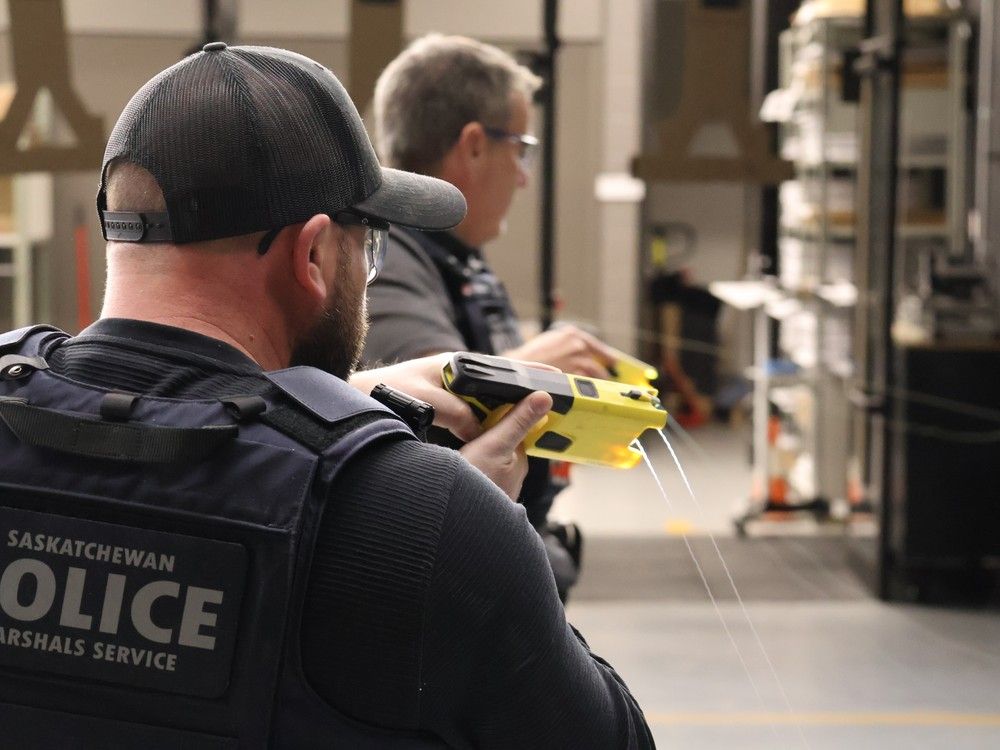Gov. Spencer Cox has sung the praises of new laws that aim to increase data privacy protections and protect kids online, but said Friday he feels that a new law to limit cellphone use in Utah schools does not go far enough. The bill, SB178 , sponsored by Sen.
Lincoln Fillmore, R-South Jordan, prohibits cellphone use during classroom hours in Utah’s public schools, while allowing for school districts to make some modifications and exceptions to the policy. Cox signed the bill into law last month, and it will take effect July 1 — after the current school year. Fillmore and other lawmakers joined Cox Friday morning for a ceremonial signing of the bill and two other pieces of data privacy legislation, including one that will require social media companies to introduce interoperability features in the hopes of giving users more control over their personal data, and another that will require age verification for app store purchases .

“We are back at the forefront in redefining the landscape, not just here in the United States, but these are bills that will have impact globally,” Cox said Friday. “I couldn’t be more proud of what’s happening.” (Rick Egan | The Salt Lake Tribune) Sen.
Lincoln Fillmore, R-South Jordan, says a few words during a ceremonial bill signing to highlight landmark legislation that establishes Utah as a national leader in protecting kids online, in the Gold Room at the Capitol, on Friday, April 4, 2025. SB178 in particular, Cox said, was “one of my favorite bills” and “something we’ve been pushing for for quite a while.” But, he added, he doesn’t feel the bill goes far enough.
“Utah is leading the nation when it comes to social media and cellphones and protecting our kids,” he said. “I can’t quite say that about this bill yet. Sadly, we didn’t get bell-to-bell.
I’m hoping that we can come back and work on that.” Under the new law, Utah students would be allowed to use their phones outside of class, including at lunch or during other breaks, but some states, including Arkansas , have already passed “bell-to-bell” legislation, which would ban cellphones for the fullness of the school day, even when class is not in session. Cox said he recently spoke to Arkansas Gov.
Sarah Huckabee Sanders about the bell-to-bell ban and that he feels it’s important to follow the state’s lead. The Republican governor said it’s “a mistake not to do bell-to-bell.” “All of the research is 100% clear that bell-to-bell does protect our kids so much more than going to recess and getting on your phones, going to lunch and immediately being back on your phones,” Cox said.
“So I hope we’re not done here.” “Now, the good news is schools can still do bell to bell,” he added, referring to the ability school districts have under the law to develop their own versions of the policy, including expanding the requirements or implementing exceptions. The bill also requires the Utah State Board of Education to create a model policy.
A spokesperson for Davis School District said they are waiting for the model before officially implementing their own, while a spokesperson for the Canyons School District said they are still reviewing the new law. A Granite School District spokesperson said the district has already implemented a bell-to-bell policy for students in kindergarten through eighth grade. “Granite implemented a personal electronics device policy at the start of this school year that already addresses the key elements in SB 187,” spokesperson Andrea Stringham said in a statement to The Tribune.
“In our K-8 schools, devices are prohibited during the entirety of the school days, including lunch, and during instructional time in secondary schools. High schools, in collaboration with their communities, can choose to restrict usage further – like Granger High School chose to do.” Despite his call for the law to go further, Cox said Friday that he feels the legislation is “a huge first step for us,” though he warned that the shift to a phone-free environment could be difficult for some students.
“Schools here in Utah that have already tried this, what they see is the first couple days, it’s a little rough,” he said, “like when you take drugs away from an addict.”.
Politics

New law banning cellphones from Utah classrooms should have gone ‘bell-to-bell,’ Gov. Cox says

Gov. Cox said he wishes a new cellphone ban for Utah's classrooms that allows kids to use devices during breaks was "bell-to-bell."















